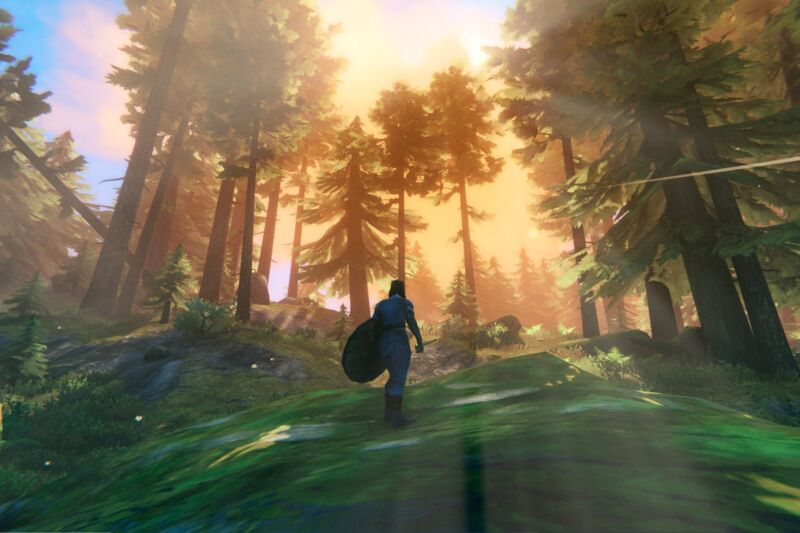How the games industry shake-up could play out

Enlarge / Valheim (credit: Iron Gate AB)
Kylan Coats came up with a plan to start a studio before he had even made a game, as an undergrad spending summers as a QA tester between classes. Back then, his mid-thirties seemed like the age to make this transition. If things went to plan, he would have the experience to succeed, but if everything exploded, he could still return to a AAA career. Coats worked in the industry for 14 years, but it was only after an unforeseen layoff from Obsidian Entertainment that his husband reminded him of this conviction. He brought it up like, Hey, you've been talking about starting your own studio for the longest time, why not now?'" Coats says.
After a good year doing contract work, more profitable than any year previous, he started Crispy Creative. His first game was an idea he'd been mulling over for a while. Every dev always has a few of their own game ideas," he says. A Long Journey to an Uncertain End is a queer narrative space opera, in Coats' words. Players control a rogue spaceship fleeing between colorful Mbius-like planets; tasks include shuttling drag queens off on grand adventures. It's not the type of game a bigger studio would touch, he says. With Crispy, not only is he free to be creative, but his work environment is healthy: Staff don't have to kill themselves to meet a deadline, and he can nurture mental health and inclusivity. He'd been critical of leadership in the past, so starting Crispy was the moment to put up or shut up, he says.
Read 25 remaining paragraphs | Comments